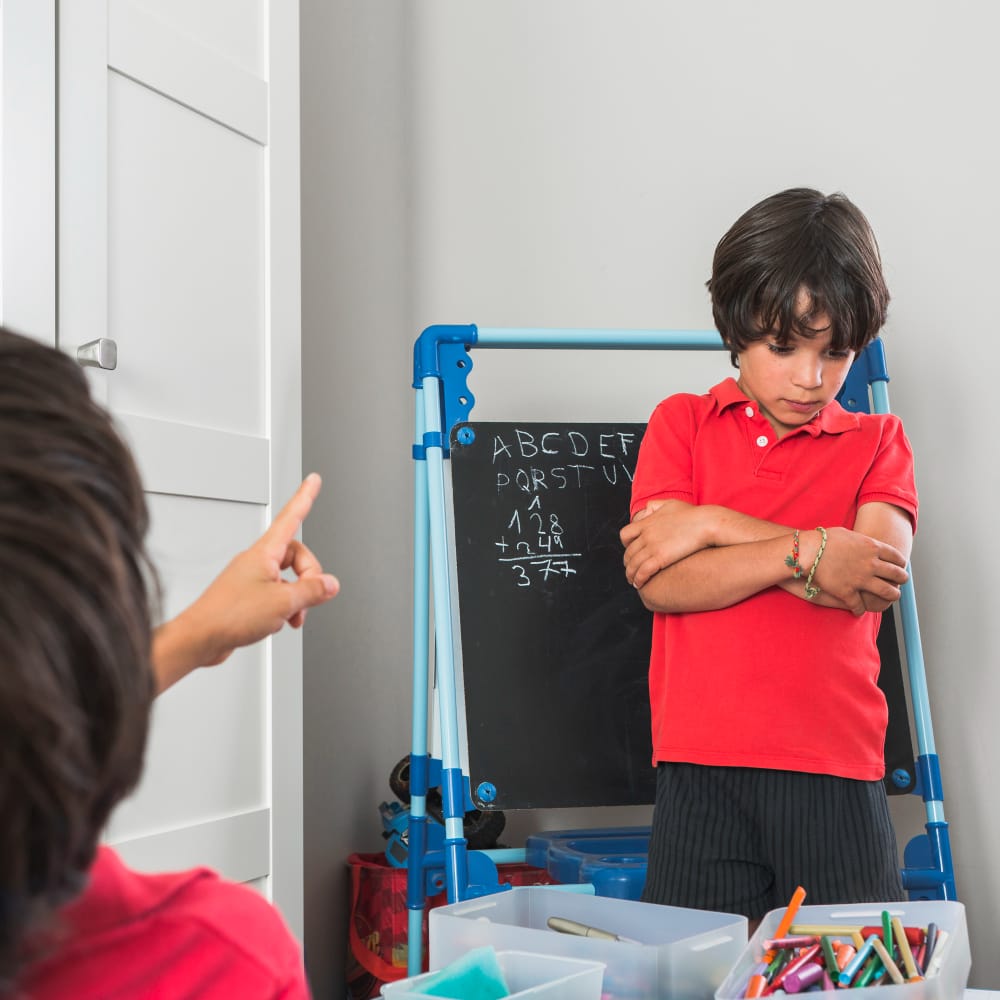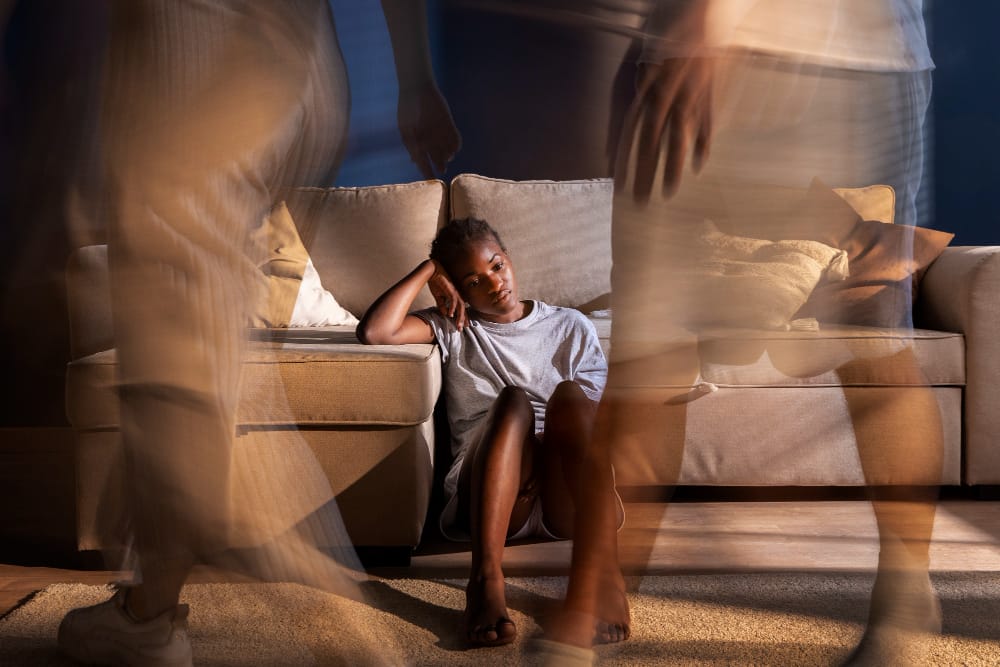Children with autism spectrum disorder (ASD) may take longer than other children to learn social skills. You can use strategies like role-play and video-modelling to help your child learn the skills he needs to make friends and have a positive social life.

Social skills and autism spectrum disorder (ASD)
Social skills will help your child with autism know how to act in different social situations – from talking to her grandparents when they visit to playing with friends at school.
Social skills can help your child make friends, learn from others and develop hobbies and interests. They can also help with family relationships and give your child a sense of belonging.
And good social skills can improve your child’s mental health and overall quality of life.
What social skills does your child with autism spectrum disorder need?
It’s good for your child with autism spectrum disorder (ASD) to develop:
- play skills – for example, taking turns in a game or sharing a toy
- conversation skills – for example, choosing what to talk about or what body language to use
- emotional skills – for example, managing emotions and understanding how others feel
- problem-solving skills – for example, dealing with conflict or making decisions in a social situation.
Strategies for developing social skills
It isn’t easy for children with autism spectrum disorder (ASD) to learn social skills, but you can use the strategies below to help your child.
Practising play
Practise play skills with your child by using toys to act out a scene. For example, you could hug a teddy, then feed teddy and put it to bed, have a tea party with a few teddies, or create a story using a play set like a farm, petrol station or airport.
Role-playing
Role-play can help your child learn and practise the skills she needs to play with others. For example, before another child comes to visit, you and your child could:
- do a role-play where your child suggests what to play with her friend
- play the games that your child and her friend might play.
Video-modelling
Try taking videos of the social skills you want to teach. For example, you can teach turn-taking by videoing people taking turns playing a game. Pause the video and say things like ‘His turn’, ‘Her turn’. After watching the video, try playing the same game with your child and saying ‘My turn’, ‘Your turn’.
Socialising with other children
It can be tricky to balance the time your child spends socialising with children with autism with the time he spends with typically developing children.
Typically developing children can be great role models who encourage good social skills in your child with ASD. On the other hand, if your child shares abilities and interests with other children with ASD, this can give your child good social relationships and a sense of belonging.
Who your child socialises with depends on how well your child relates to other children, how well other children relate to her, and what your child can learn from others.
And whoever your child socialises with, it’s important that his relationships are based on acceptance and understanding.
For more information about helping your child with Autism, contact Anel Annandale at 083 711 5267 or via email at anel@childpsych.co.za.
Check out our Instagram Account @anelchildpsych for regular tips and updates.




